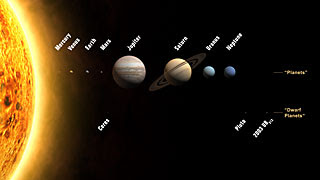Here are some of the watercolour techniques I needed to think about in order to produce this amazing painting:
Choose a broad brush and use it to wash the paper with water
Switch to a finer brush; wet it and then dab it dry on a paper towel
Select a colour, starting with the palest
Look closely at the colours and shapes you see
Add a bit of detail to show flowers or leaves
Try not to leave any of the paper blank
Dab the last of the water off with the paper towel
Leave it in the sun to dry
Why not come to the classroom and take a closer look at my painting? I would love to know what you think of it.


